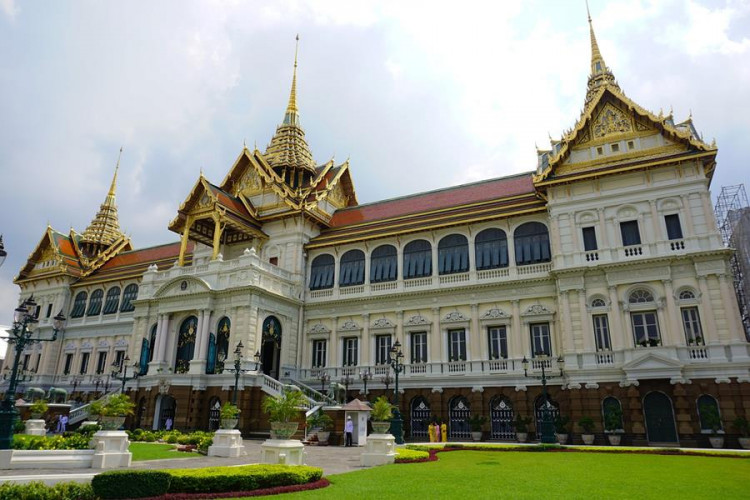Thousands of Thais demonstrated on Sunday in response to a court order that stated demands for royal change were illegal. In skirmishes with Bangkok police, at least three protestors were hurt.
The verdict was delivered by the Constitutional Court last Wednesday, along with a ruling that three anti-government activists - Arnon Nampa, Panusaya Sithijirawattanakul, and Panupong Jadnok - planned to topple the monarchy in speeches given in August 2020.
On Sunday, many activists were seen waving placards that read, "No absolute monarchy." Protestors have maintained that reforms do not imply the end of the monarchy.
The demonstrators had issued a list of 10 demands, including the repeal of Article 112, known as lese-majeste, which criminalizes criticism of the monarchy. The charge carries a maximum prison sentence of 15 years.
Kan Sangtong works as an observer with iLaw, a Thai human rights group. He told VOA that protests were expected in the aftermath of the court's decision to alter the royal institution.
"The Constitutional Court's decision infuriates the rioters. They are attempting to modify the 112 criminal act," Kan Sangtong stated.
Opposition leaders had planned street marches beginning at Bangkok's Democracy Monument and ending at Sanam Luang, the location of the Grand Palace.
The anti-government organizations were stopped by a massive police presence and large barriers made of shipping containers, so they relocated to the Pathumwan Intersection.
Protestors quickly gathered and burned effigies of Constitutional Court judges before marching to Germany's embassy in Bangkok to deliver a statement.
Thailand's King Maha Vajiralongkorn is a frequent visitor to Germany, and he is said to have recently returned.
Demonstrators gathered at Germany's embassy about a year ago, urging Germany to investigate whether Thailand's state affairs were being managed from there by the monarch. Pro-reform groups have expressed concern that Thailand may revert to absolute monarchy.
For centuries, Thailand had been an absolute monarchy until 1932, when the system was abolished. The country has been a constitutional monarchy since then.
The country now has a democratic form of government, but the king remains the head of state. Thailand has experienced military coups in recent years, the most recent of which occurred in 2014.
Pravit Rojanaphruk, a seasoned journalist who works for Thailand's news website Khaosod English, told VOA about activists' worries about the present system.
"After the Constitutional Court's verdict, protesters [are] seen as anti-monarchists, while demonstrators themselves believe there is a plot to restore Thailand's de facto absolute monarchy regime."






